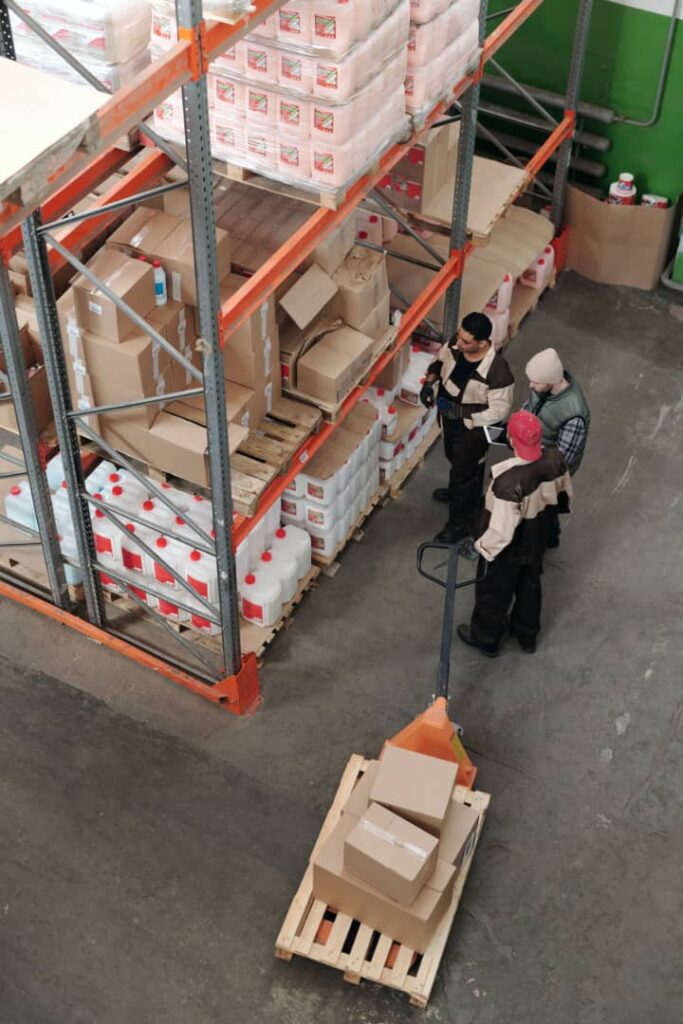
Introduction:
In times of crisis, the swift and effective delivery of humanitarian aid is crucial to alleviate suffering and rebuild communities. Humanitarian logistics plays a pivotal role in ensuring that aid reaches those in need promptly and efficiently. This specialized field combines strategic planning, coordination, and rapid response to address the unique challenges posed by natural disasters, conflicts, and other emergencies.
How Humanitarian Logistics Works:
Humanitarian logistics involves a complex orchestration of activities aimed at delivering aid to affected populations in the most challenging conditions. From the moment a crisis occurs, a well-coordinated effort begins to mobilize resources, assess needs, and deploy aid workers. Key components include:
Needs Assessment:
Rapid assessments are conducted to determine the specific needs of affected populations. This involves evaluating the extent of damage, identifying vulnerable groups, and understanding the immediate requirements for food, shelter, medical care, and other essentials.
Strategic Planning:
Humanitarian logisticians devise strategic plans to optimize the flow of aid. This includes determining transportation routes, coordinating with various stakeholders, and establishing distribution points to ensure aid reaches the right locations efficiently.
Coordination with Partners:
Collaboration is crucial in humanitarian logistics. NGOs, governmental agencies, and international organizations work together to pool resources, share information, and avoid duplication of efforts. Effective communication is maintained to adapt strategies based on real-time data.
Transportation and Warehousing:
The logistics of moving aid from suppliers to affected areas involve overcoming significant challenges. Whether it’s through air, sea, or land, transportation is carefully planned to ensure timely delivery. Warehousing is strategically positioned to store and manage the influx of aid items.
Last-Mile Distribution:
The final stage is the last-mile distribution, where aid is delivered directly to affected communities. This often involves overcoming geographical barriers, navigating damaged infrastructure, and ensuring cultural sensitivity to meet the unique needs of diverse populations.
Benefits of Humanitarian Logistics:
Rapid Response:
Humanitarian logistics enables swift responses to crises, ensuring that aid reaches affected areas promptly. This speed is critical in saving lives and mitigating the impact of disasters.
Resource Optimization:
Strategic planning and coordination help optimize the use of resources. By avoiding duplication of efforts and leveraging collaborative partnerships, humanitarian logistics ensures that aid is delivered efficiently and effectively.
Improved Coordination:
The complexity of crisis situations requires seamless coordination. Humanitarian logistics facilitates communication and collaboration among various stakeholders, enhancing the overall effectiveness of aid delivery.
Crisis Preparedness:
The structured approach of humanitarian logistics includes pre-positioning resources and developing contingency plans. This proactive stance enhances the ability to respond rapidly when crises occur, minimizing the impact on affected populations.
Accountability and Transparency:
The logistics process includes mechanisms for accountability and transparency. Tracking and reporting aid delivery help maintain public trust and ensure that resources are used effectively.
Conclusion:
Humanitarian logistics stands as a beacon of hope in the darkest moments of crises, ensuring that aid reaches those who need it most. The benefits of this specialized field extend beyond immediate relief, encompassing strategic planning, collaboration, and a commitment to transparency. As the world faces an increasing frequency of crises, the role of humanitarian logistics becomes ever more critical, underscoring its significance in building resilient communities and providing timely assistance to those facing the most challenging circumstances.